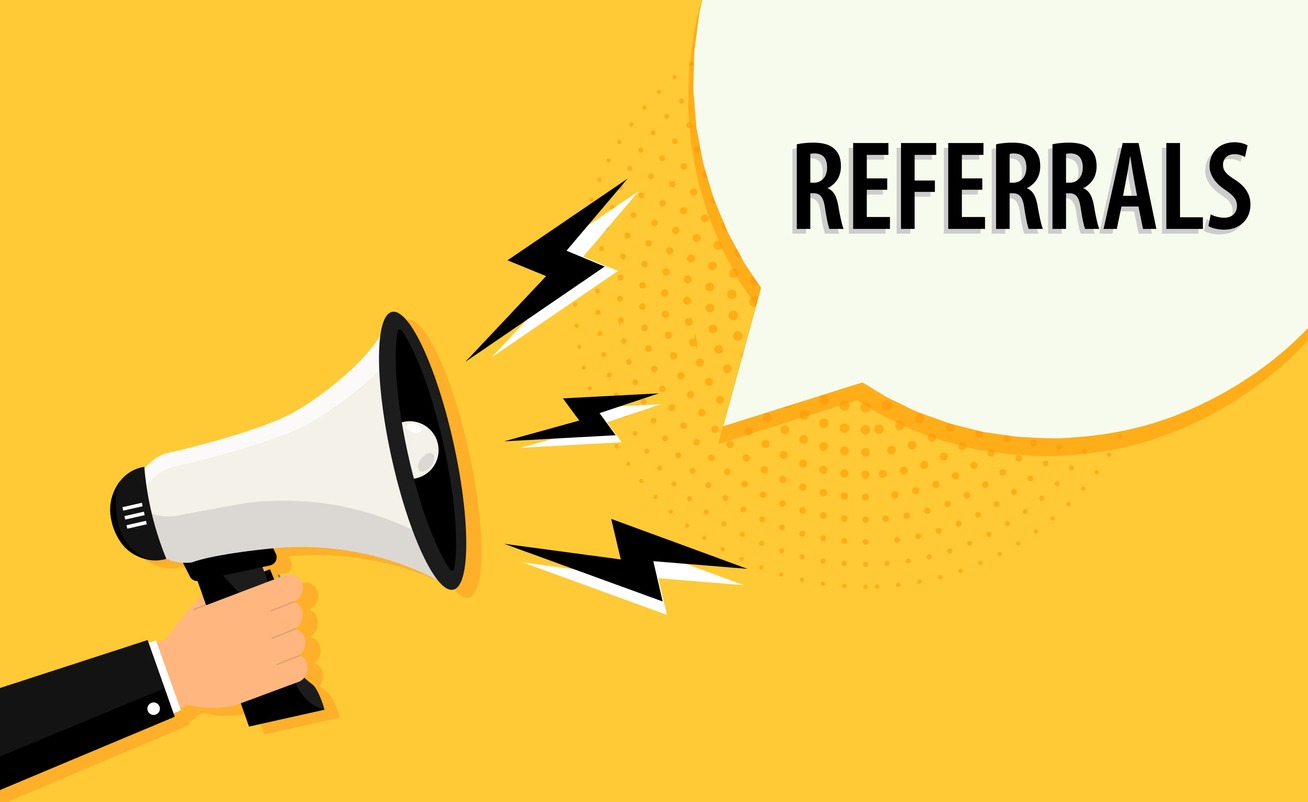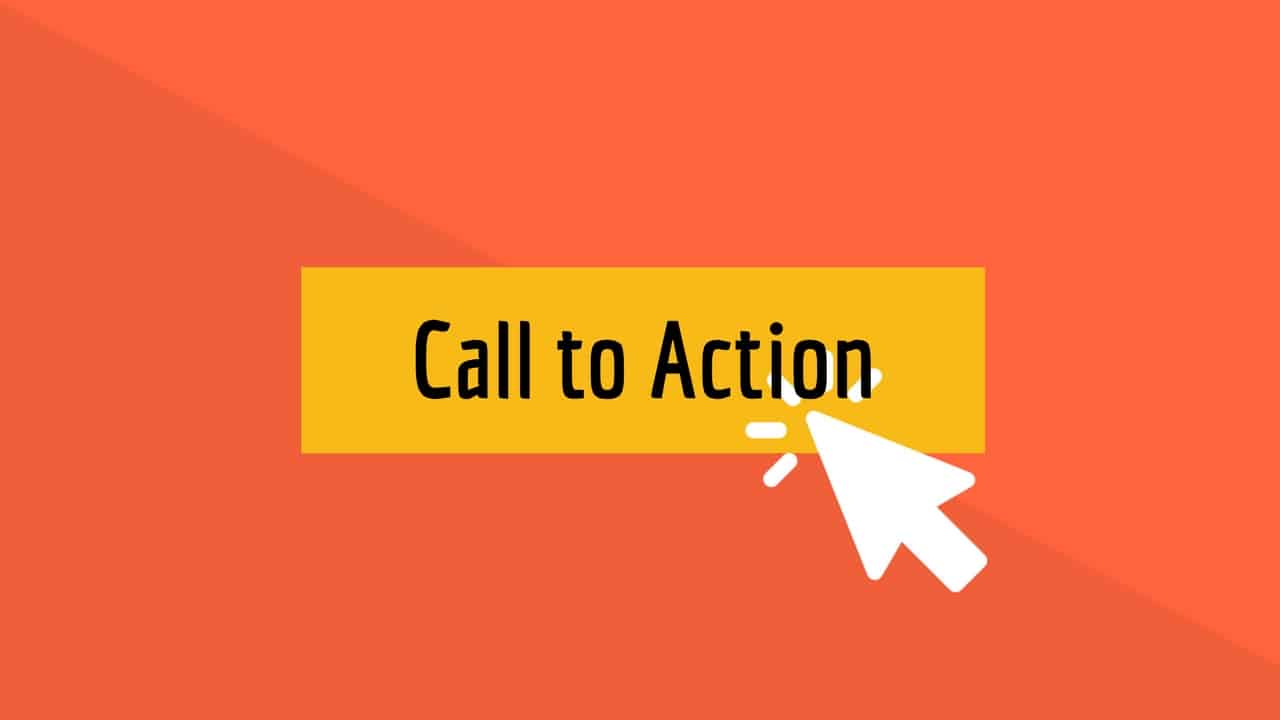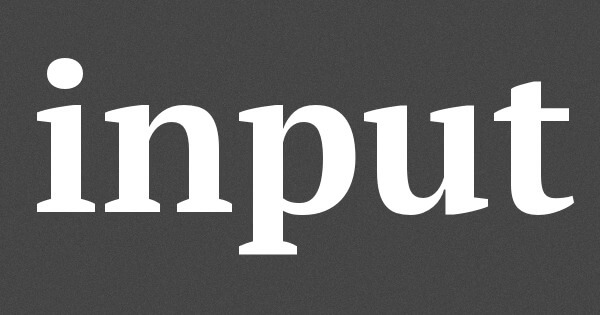There is so much value in unique knowledge but few fully monetize it. Posting a blog or sending out a newsletter and nothing else. But you need to squeeze everything you can out of any content you create. Here is an ongoing strategy for content creation… Think big picture. Plan on creating 11 new pieces of content over the

I wanted to share some information about myself and show you what’s possible when you achieve marketing mastery. What makes me a “marketing guru”? Well. That’s me. Except that picture is about eight years old. So I’m older looking and …umm …more “well fed” looking these days. ANYWAY, In my early 20s I owned a
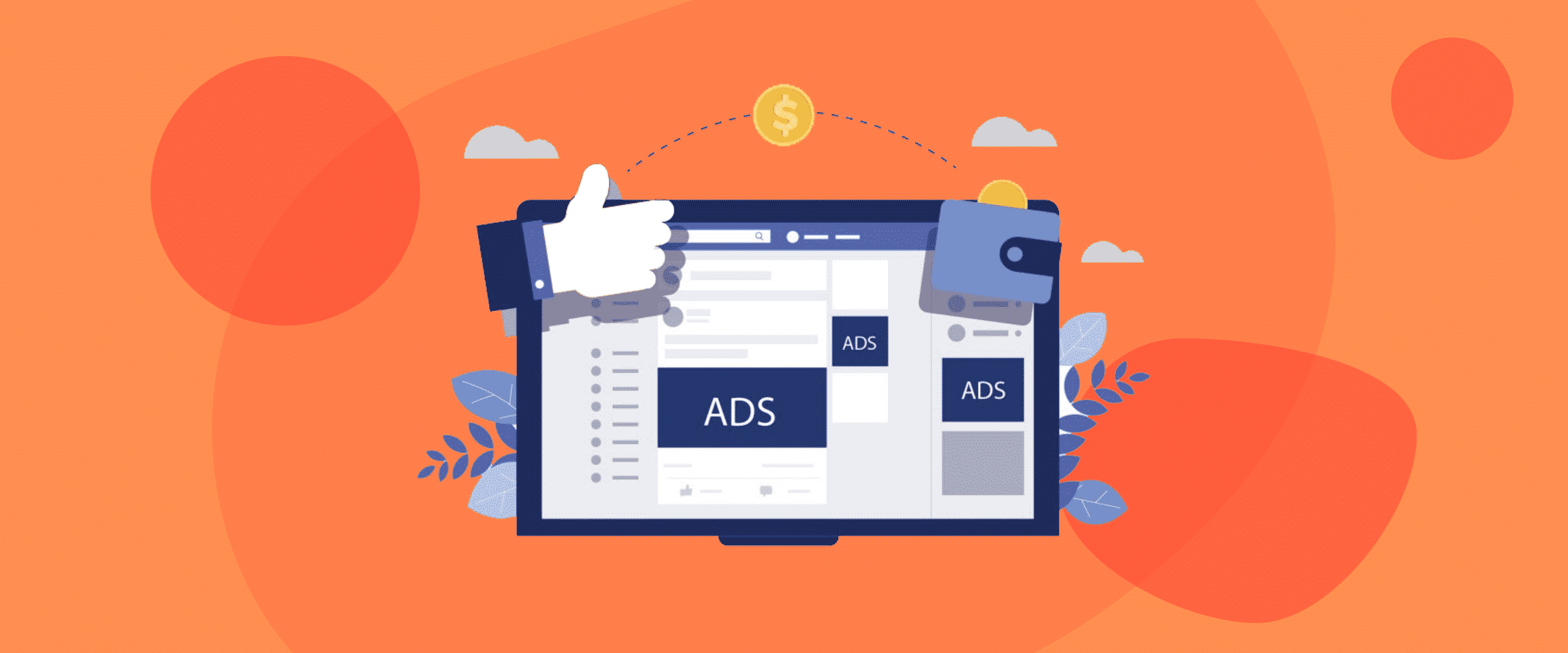
Ad Budgets Are Stupid. Successful marketing is the buying of money at a discount. Having a set marketing budget every month is going to deliver lackluster results. You want your marketing campaigns to deliver a return on your investment. Then you want to spend, collect, spend what you collected, collect on that spend, spend the now-greater sum you collected,
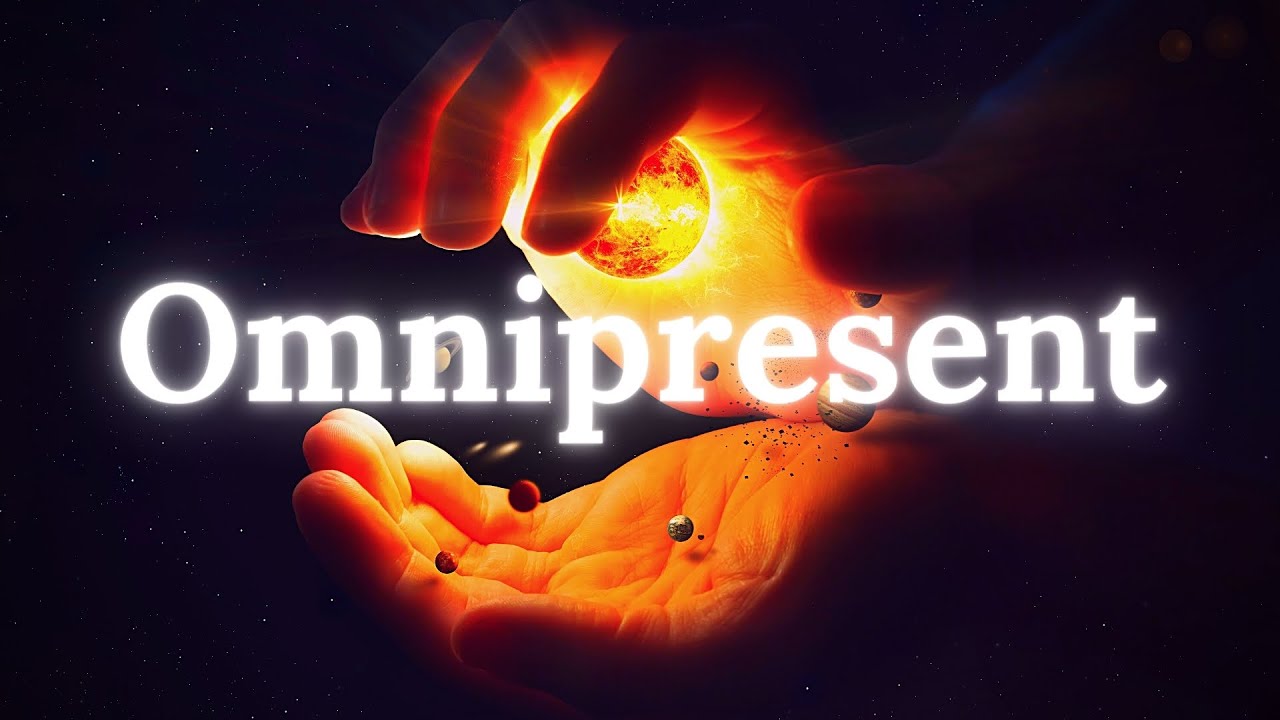
Constant brand awareness with potential customers through all possible marketing channels. I’m not a fan of Omnipresence marketing. My strategy is usually to focus on the most profitable marketing channel, optimize it and scale accordingly. The customer acquisition costs for omnipresence marketing are way higher because you are focusing on all possible marketing channels, not just the

Numbers that mean the same thing, or are close to the same thing, can be perceived very differently. If you want something to sound LONGER, use the bigger unit of measure. One month sounds longer than 30 days. One hour sounds longer than 60 minutes. A “three month” guarantee sounds longer than “90 days”. When you want something to sound

Sell the sizzle. Not the steak. Your unique selling proposition is what separates you from the competition. Fedex, who built their empire based on this unique selling proposition: “When it absolutely, positively has to be there overnight.” What is your unique selling proposition? This is going to take a little bit of work. Somewhere in your business, there
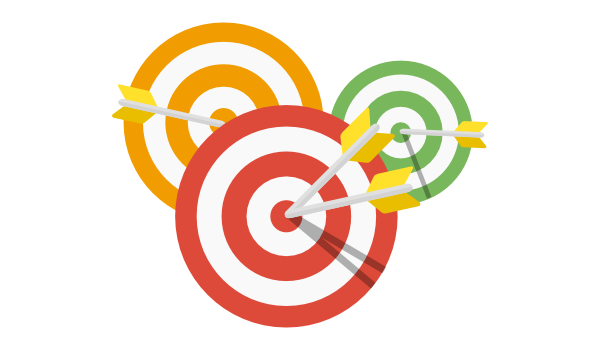
Craft specific messages to your customer base. Being specific in your explanations is very critical and can establish your credibility. When potential customers perceive certain general statements as puffery or typical marketing babble, those statements are at best discounted and accepted with some doubts. Statements with specific facts can generate strong believability. By being specific you sound like you’re

The easier to understand, the higher your sales.Keep your marketing simple. The positioning of your product must be simple. Your offer must be simple. Keep your entire presentation as simple as possible while still getting across your message. Focus on what you are trying to accomplish and eliminate things that complicate or aren’t necessary. Your marketing should
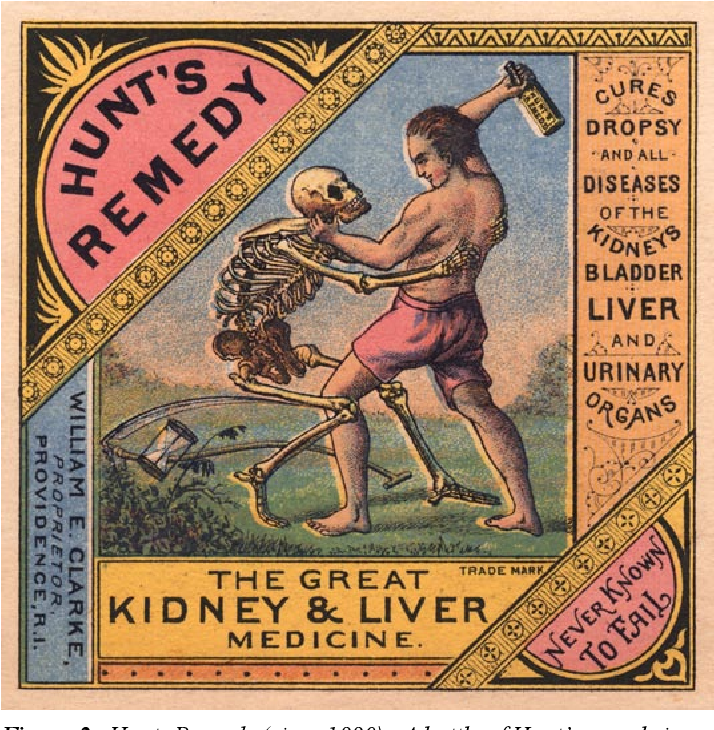
Have your product represent cures, not preventatives. One of the least understood reasons why many products fail is due to one aspect of human nature. Understand this aspect and not only do you hold the key to creating a successful ad, but you will also understand clearly why some products just plain don’t sell. The key to successfully
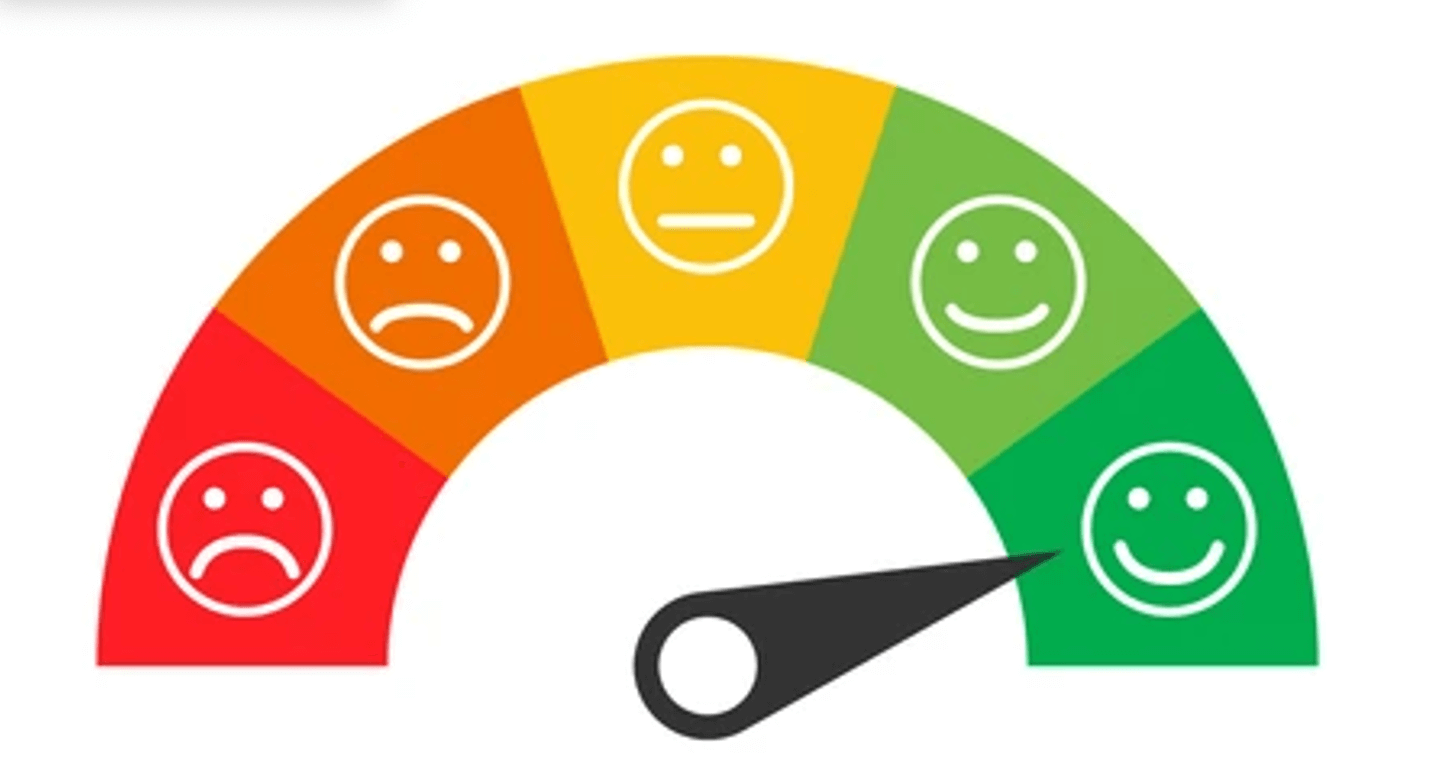
Raise an objection and resolve it but go beyond what potential customers expect. A satisfaction conviction is more than a trial period. It conveys a message from you to your potential customer that says, “I’m so convinced you will like this product that I’m going to do something for your benefit to prove how incredible my

State the Goal of your marketing. It might be as simple as “I want to sell this blender.” Once you have stated the problem, restate it in a different way: “I would like to introduce my potential customer to the unique aspects of this blender.” Then restate it again: “I want to make the blender easy to

Your ad copy must be in an understandable order where each thought flows logically to the next. Anticipate the sequence of what will be asked next and how your ad copy should flow. Anticipate the questions the potential customer will ask in almost the same order the potential customer will ask them. You might find it helpful to

Lead your potential customer, by the flow of your ad copy, to ask the question we want to answer. Start by writing the headline. Will it grab the reader? Then write the subheadline. Will it compel the reader to read further? Then write the caption to go under a captivating image. Is all this strong enough to get

Read the following question… “Why is intermittent fasting such a powerful fat burning method?” Forget, for a second, whether you know what intermittent fasting is or not. Or care about weight loss. Imagine, though, you were selling a book about it. Somewhere in your marketing you’d want to cover the benefits of intermittent fasting, right? There are two ways you
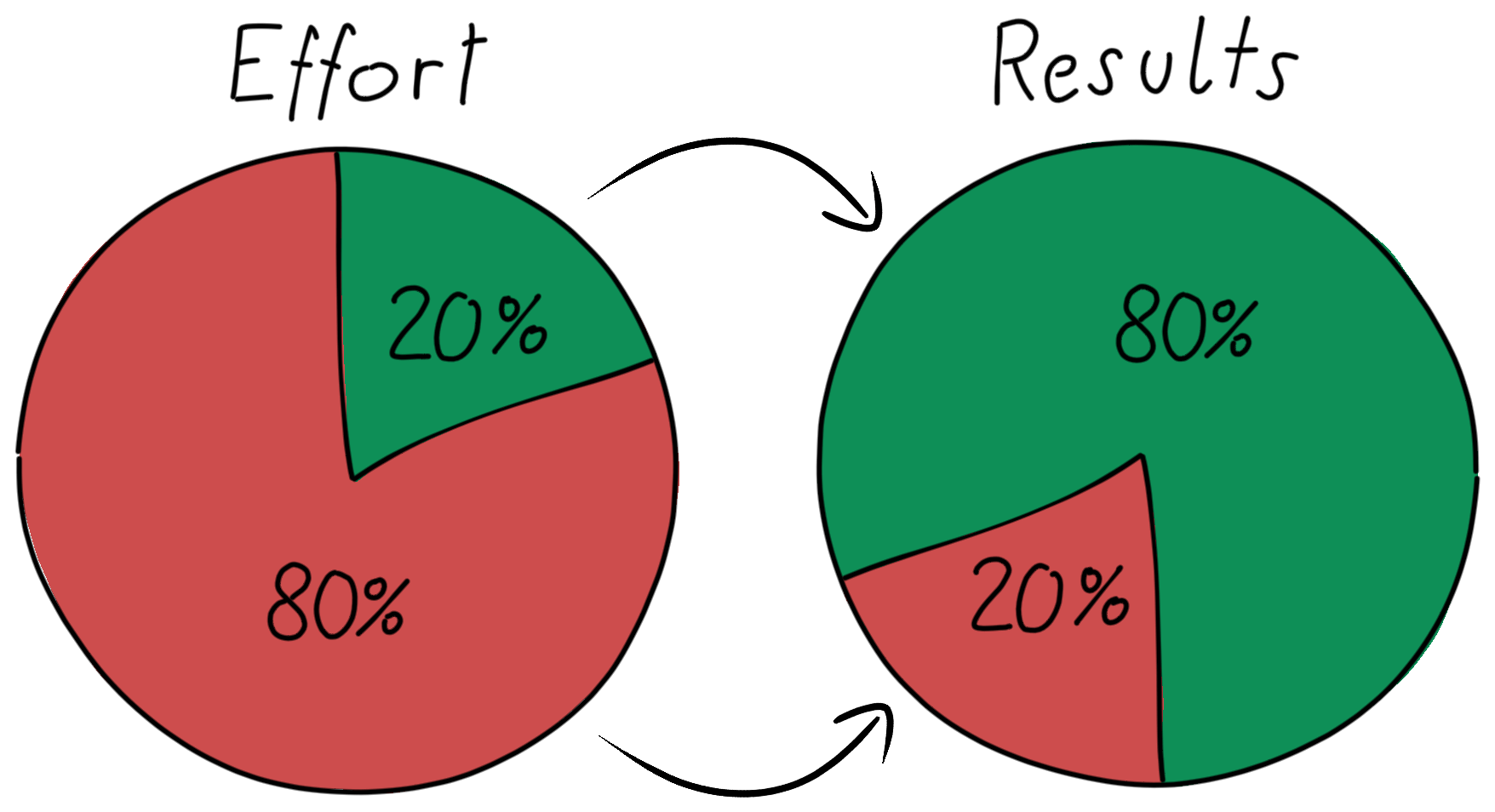
80% of your results come from 20% of your efforts. 20% of your results come from 80% of your efforts. You can identify the 80/20 rule in any part of your business. Once you’ve learned to recognize it, you can’t not see it. It’s not the exact number 80/20 that’s the rule; it’s the principle of positive

Your best new customers are your existing customers. Far too much focus in business is on new customer acquisition, with too little on the existing customer base. The better you do with the customers you have, the more you can afford to invest in acquiring ones. Be sure you are getting everything you can out of all you’ve

Give your Ad Copy some pizazz.Boldfacing: Use bold type to emphasize subheadings, important words, phrases, dates, and other segments of important copy. Bold type instantly draws attention to these important points and allows your reader to skim the critical content.Borders: Borders draw attention to important items such as headlines, testimonials, and coupons.CAPITALIZATION: Use capitalization to

When you invest in marketing, you’re not just paying for the customers you get. You are paying for each lead you generate, every call, every walk-in, every email, every reaction and response of any kind.You need to make sure to follow up with every lead, aggressively, on multiple marketing channels. (Omnipresence)These channels can be…PhoneTextEmailPhysical mailOnline

Every element must be so compelling that you find yourself sliding down the ad, unable to stop until you reach the end.Get the reader to read the first sentence.The first sentence is to get potential customers to read the second sentence and that the sole purpose of the second sentence is to get them to
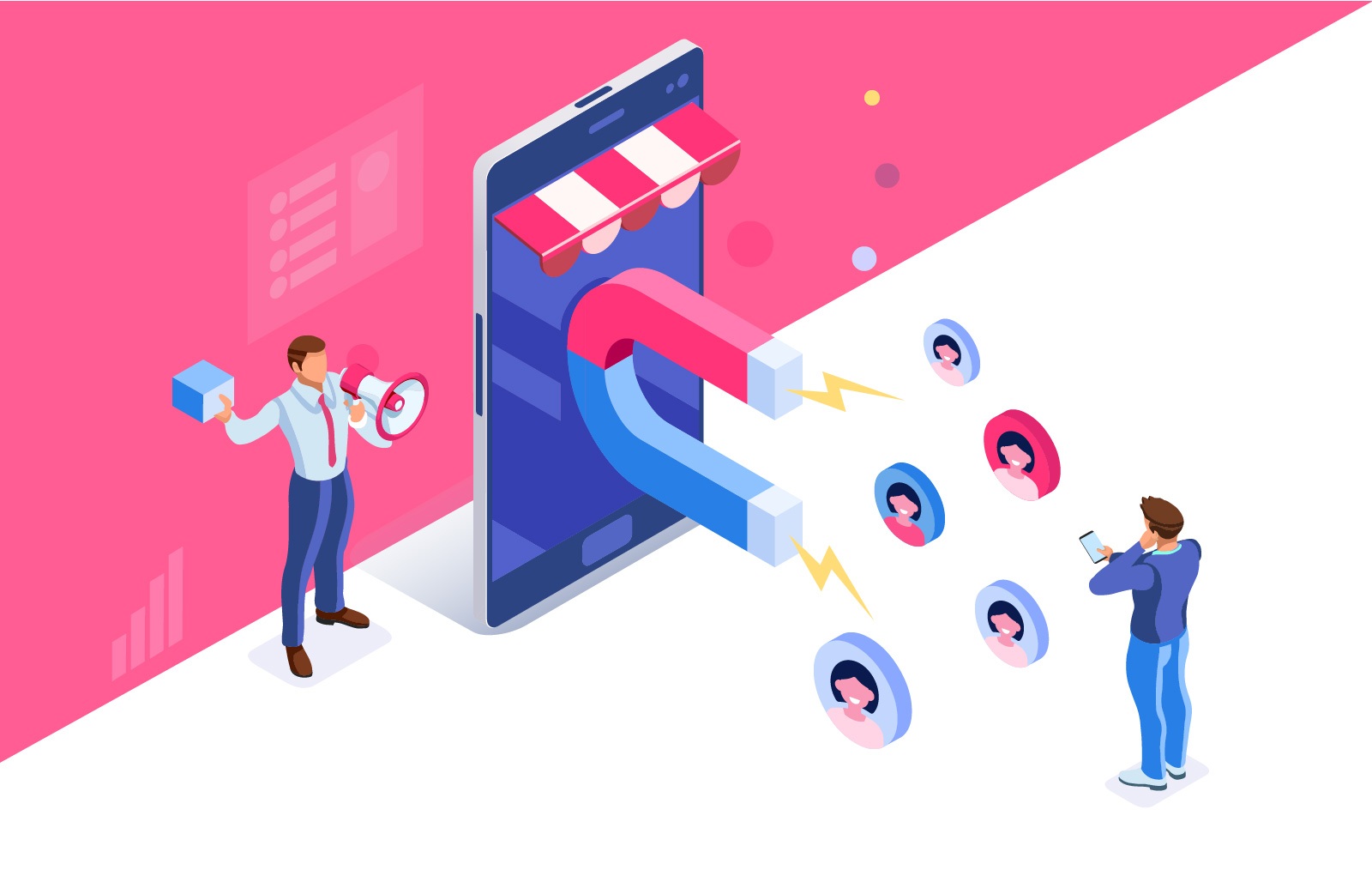
Balance Lead Quantity with Lead Quality. You want to achieve the right balance of Lead Quality versus Lead Quantity. Lead Quality refers to how likely it is that the lead will become a customer. They usually have an inverse relationship… High Lead Quality usually means low Lead Quantity High Lead Quantity frequently means low Lead Quality The level of commitment

Marketing that focuses on gathering information from potential customers that will be used in future marketing efforts. The only job of lead generation marketing is to produce leads. Don’t try to pre-sell your product or archive multiple objectives. Focus 100% on getting the right potential customers to respond to your offering. Have your offering at every opportunity. Be it
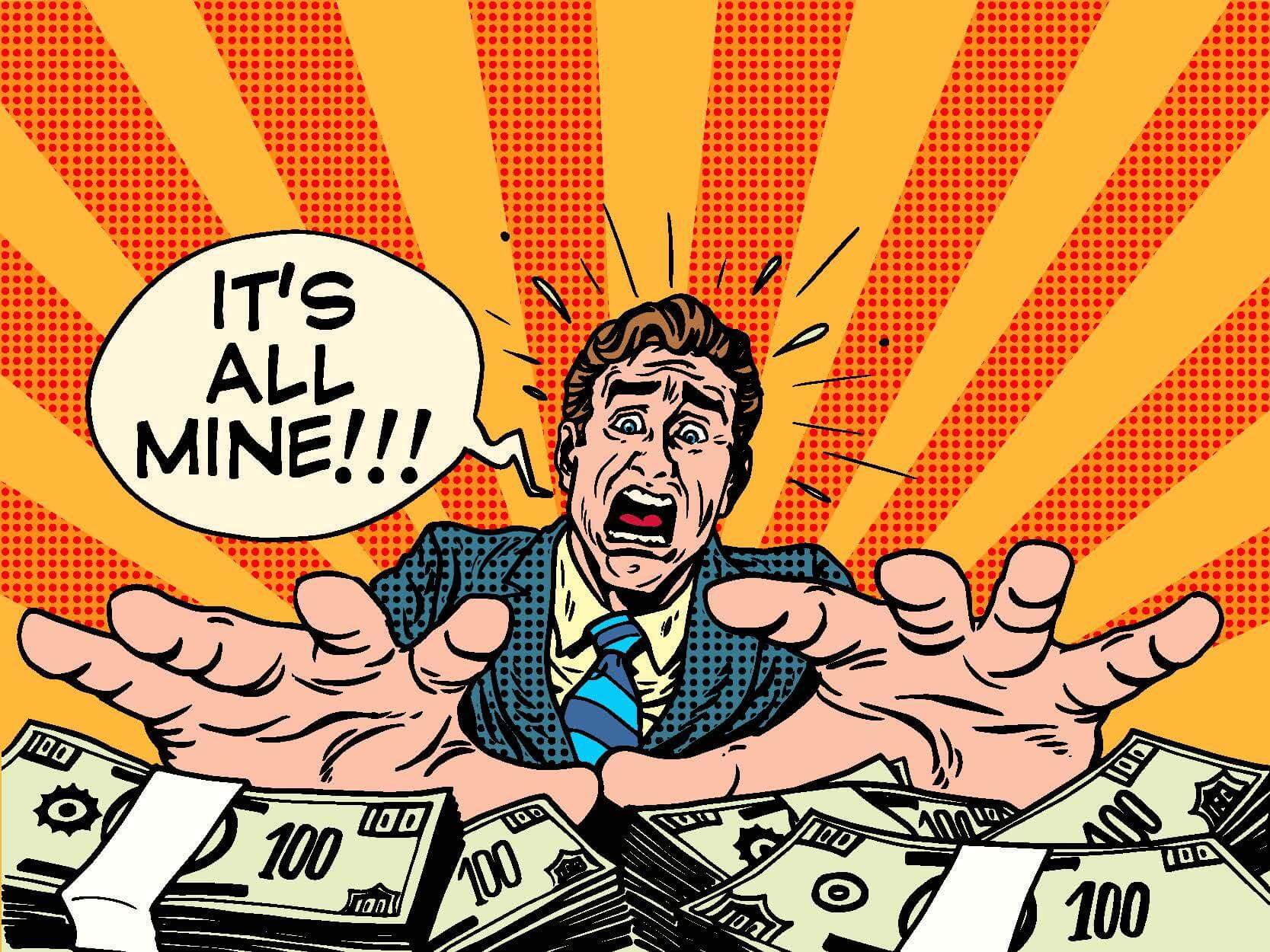
GreedThe lower the price, the more greed plays a role.When you lower the price of a product, you usually end with more unit sales. Keep lowering the price, and you’ll continue to generate more unit sales than before if the price drop is big enough.Go too low and you’ll have to add a little justification

One of the questions potential customers may think about while reading an ad is “Can I really justify this purchase?” If you don’t resolve it, then you will give the potential customer the excuse to “think about it” and, of course, never buy. Somewhere in your ad, you should resolve any objection by providing some justification to

The single greatest objection for any product or service being sold is risk. Risk that it doesn’t do what it’s supposed to do for them. Reversing risk is a way to make any offer more attractive. You will want to spend a disproportionate amount of time figuring out how you want to reverse it. Always hit your

All the elements in an advertisement are primarily designed to do one thing: get you to read the first sentence. Make the first sentence so easy to read that your reader is almost compelled to read it. Make the first sentence in your ad so short they almost aren’t sentences. Some typical ones might be… Losing weight is not

Control the EnvironmentThe environment you choose is created in both the graphic elements and the ad copy, but especially the ad copy by the way you phrase your words and your choice of words.The environment is critical in getting a prospective customer into the buying mood.To create that environment, you attract the customer’s attention and

Evergreen: An ad that has a very long life and can be productively used on a continuous rotational basis. Invest in developing marketing assets, not just marketing campaigns. Once you have a winning ad you want to concentrate on driving potential customers to it—not working on a new replacement for it. No ad is “old” to the person

Refining your ads to express exactly what you want to express with the fewest words. Editing is a nurturing process. You want to maintain the same emotional feel, the same thought process, the same vibration that you had in mind when you wrote the copy. It’s just that you want to do it in the fewest words. This

Give potential customers a reason to keep reading.At the end of a paragraph, put a very short sentence that offers some reason for the reader to read the next paragraph.Use sentences like…And here’s why.But there’s more.So read on.But I didn’t stop there.Let me explain.Now here comes the good part.You want to create such compelling ad

Branding: An instant message that communicates what a potential customer or product or business is about. Branding is an overflow effect of profitable marketing and should never be directly purchased. Run marketing that delivers a return on investment and receive brand-building as a bonus. Never pay for brand-building and hope for a return on investment as a

Specific steps your potential customers take before making a purchase. The “3 Cs” dictate your particular Buying Stages: COST: how significant is the purchase COMPLEXITY: of your product or service – how much research and education will be needed to make the decision CHANGE: how much your product or service changes the way your potential customers do things –

Nothing is free. Everything must be paid for by someone, somehow. If nothing else there is always a cost of time, intelligence, privacy, or quality. There is no doubt that FREE is a powerful word. The word FREE can generate a lot of traffic. The word FREE can get customers off of the fence. The word FREE can

Offering discounts is a form of selling on price. When you offer a discount you are taking the focus from the value you provide and placing it squarely on your price. To maintain higher prices you have to be adept at selling value. Discounts erode your ability to do that. Any reduction in prices can damage

Your educated readers become profitable customers. Give away information that can be created once and given to a lot of potential customers over and over again. Free newsletters, information packages, booklets, and even websites. This is information that helps educate the customer. Information that helps the customer understand key issues and identify if they belong in your
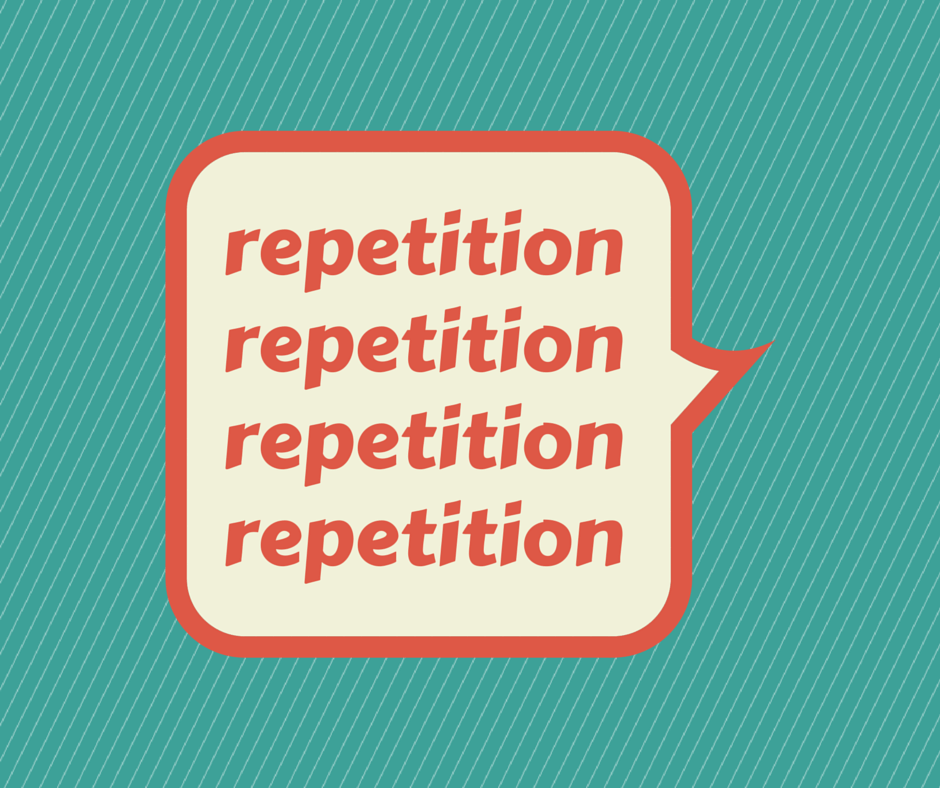
The more often a potential customer hears or reads something, the more familiar it becomes. When something feels familiar, potential customers are more inclined to believe it and think positively about it. Repetition calls attention to the information, and also makes it more likely to lodge in your customer’s brain. With each repetition of your message, your
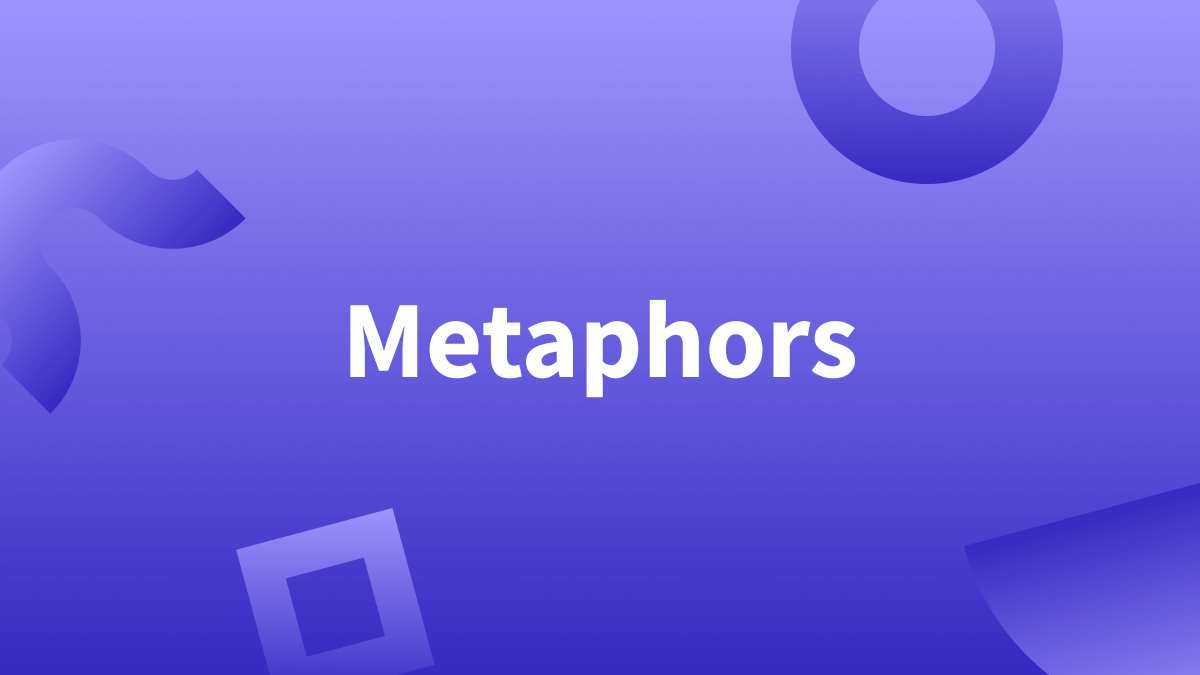
A thing symbolic of something else.If you are introducing a product that potential customers may not have a frame of reference for, or you are marketing a service that may be hard for your customers to grasp, you should consider using a metaphor.A metaphor is a powerful way to make a product or service that
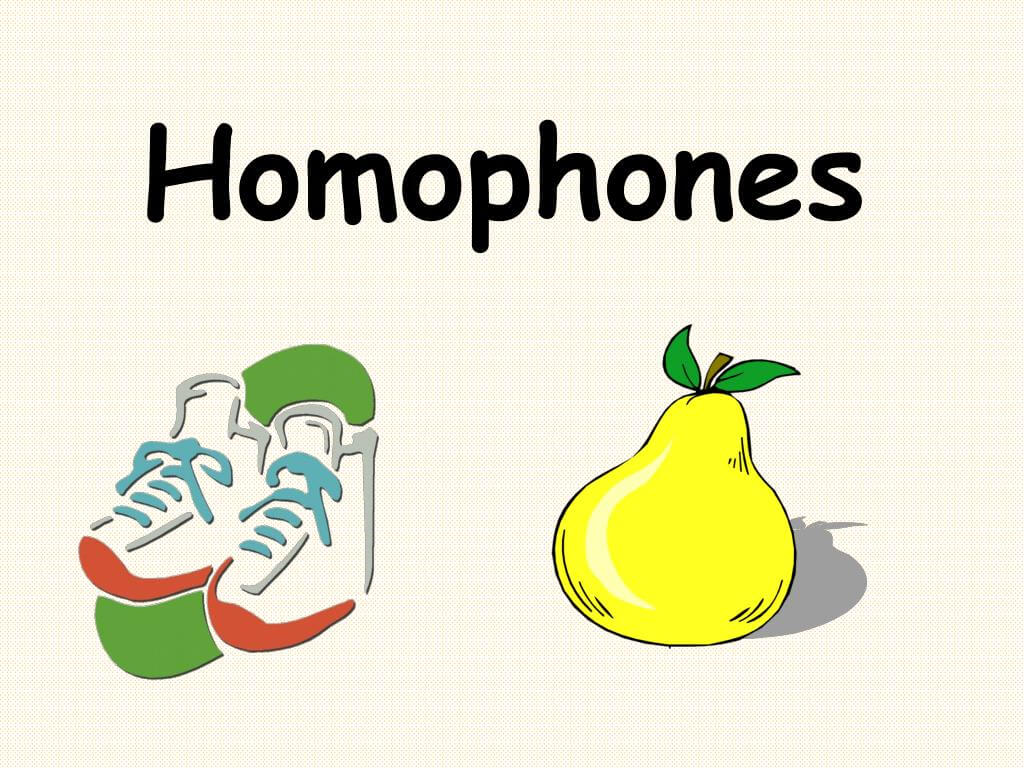
A homophone is a word that sounds like another word, but has a different meaning and spelling. For example, write and right are homophones.When potential customers see or hear one, it can cause them to think of the other-and any behaviors that are associated with it.Homophones can prompt potential customers to think of the other word
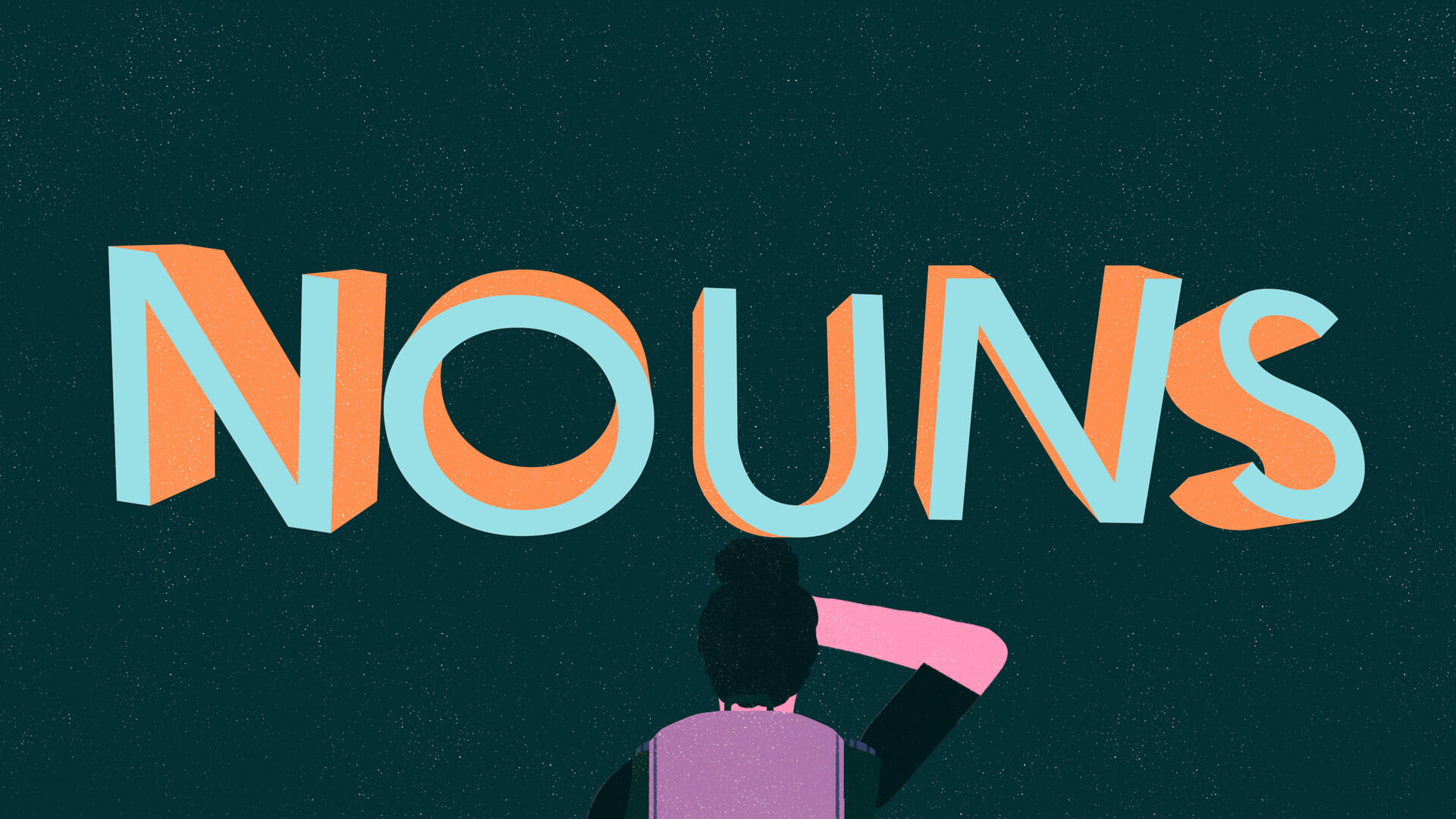
Nouns are specific. Nouns suggest identity. And nouns can help marketers get the behavior they seek.Nouns create a sense of who someone is, and once that is established, that potential customer knows the corresponding behavior to take.Referring to someone using a noun is more powerful than simply telling them what you want them to do

Wanting to Feel special and privileged is a desire craved by everyone. Exclusivity elicits many psychological rewards including a sense of belonging and importance. When your product is exclusive, so are its benefits. Being one of the few to have access to these benefits puts you in an elite group, creating a strong sense of belonging and

Potential customers place more value on things that are harder to get. Scarcity increases desirability. As a result, limited times, quantities, opportunities and limited access to information can all motivate your potential customers. So can the feeling that they can obtain something that not everyone else can, simply because of who they are or the group

Potential customers have a hard time rejecting reciprocity and will feel obligated to buy from you. Potential customers like to get things, particularly things for free. But behavioral scientists have found that once they receive them, they feel indebted to the giver and obliged to return the favor-even if they never asked for the gift in

The stories you use in your marketing can prompt potential customers to invite you in, without even realizing that you come bearing a sales message. When you choose the story, you control the narrative-influencing how potential customers think of your brand. If you want to drive action, build the story potential customers will tell themselves about your

Potential customers do what potential customers like them—and potential customers they like-do.Sometimes your potential customer will feel pressure to conform, or feel they’re missing out. Other times your potential customer will be looking for help to make a choice. What they see others doing can be very influential. When potential customers are uncertain, they will look

Potential customers respond to things that are new. And those things don’t have to be brand new. They can simply be new to the person, or new twists on an existing product or service When potential customers are about to discover something new, their brains release dopamine, which produces a pleasant feeling. Potential customers are hardwired to

If there’s a gap between what potential customers already know and what they still want to know, they will take action to close that gap. Potential customers feel good when they satisfy their curiosity. It actually activates the brain’s reward center. If your potential customer is curious about information you have, chances are they will be driven

When potential customers act in a way that addresses that immediate feeling and that feeling alone. Hot-state decision making explains why potential customers purchase more food if they go grocery shopping when they’re hungry. Why a flash sale can prompt an impulse buy. And why donors can be moved to contribute to a charity after reading

You sell on emotion, but you justify a purchase with logic. Every decision is an emotional decision at some level. Whatever your logical reasons are for taking action, you only feel compelled to act on them because of emotion. We can only be rational and logical after we have been emotional. The primary mode of the brain is to

Potential customers desire the ability to make their own decisions and to act with a certain level of independence. When people have it, they feel happier, less stressed, and more satisfied. When people have choices, they feel in control. If you can give potential customers the opportunity to co-create or to make choices, they will find

Zeigarnik effectPeople remember unfinished tasks better than finished ones. Those tasks can nag at people until they are completed.Ways to apply the Zeigarnik effect…Send abandoned cart emails, return to finish messages, or alerts that something your prospect viewed is now on sale/running low in stock/just added a new feature, color, or size. Subscribe and Receive FREE Marketing Lessons

Once people make a decision, they typically remain consistent with it. If you can get one “yes,” they are more likely to get subsequent ones. This is particularly true if your initial request is somewhat small. Use consistency principle to ladder up to their ultimate ask, making it much easier to get an affirmative answer. Maintaining this

Do not discount benefits but tell people what they’re missing out on, or what they stand to lose if they don’t do what you ask them to. Highlight the painful situations they can successfully avoid if they do become your customer. You want to balance the benefits that you are offering with the losses that can be

A temporal landmark is a time that stands out from most other times and holds special meaning. They act as points of transition. As a result, people are more open to starting new things at these times because they feel they have a greater likelihood of accomplishing them. Consider creating marketing campaigns that coincide with temporal landmarks. Think
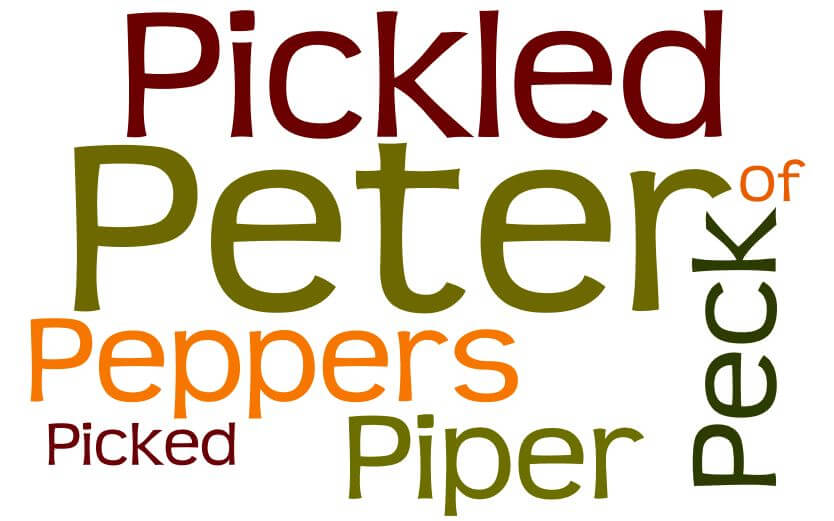
A series of words that all begin with the same letter.A good tool for attracting a reader’s attention, because people notice when several words start the same way.It’s also a smart strategic step for making what they just read more memorable. Alliterative phrases that are read aloud or silently both enhance the memorability of the copy.
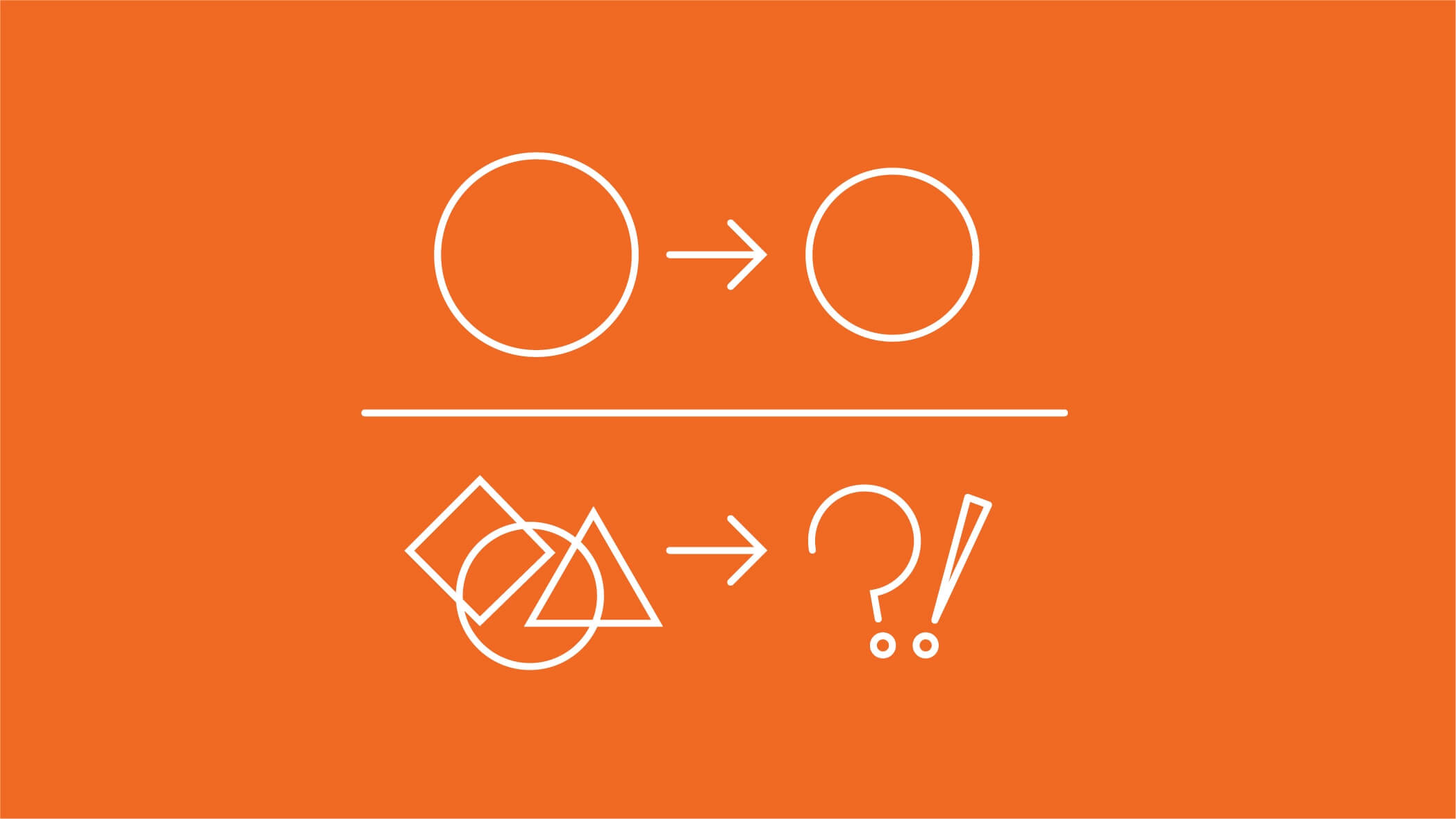
Easier to read statements are judged to be more truthful. People prefer things they feel are easier to think about and easier to understand. Not only do they prefer them, people are more confident in their ability to make decisions about them. When things don’t feel easy to think about, that disfluency functions as a cognitive alarm
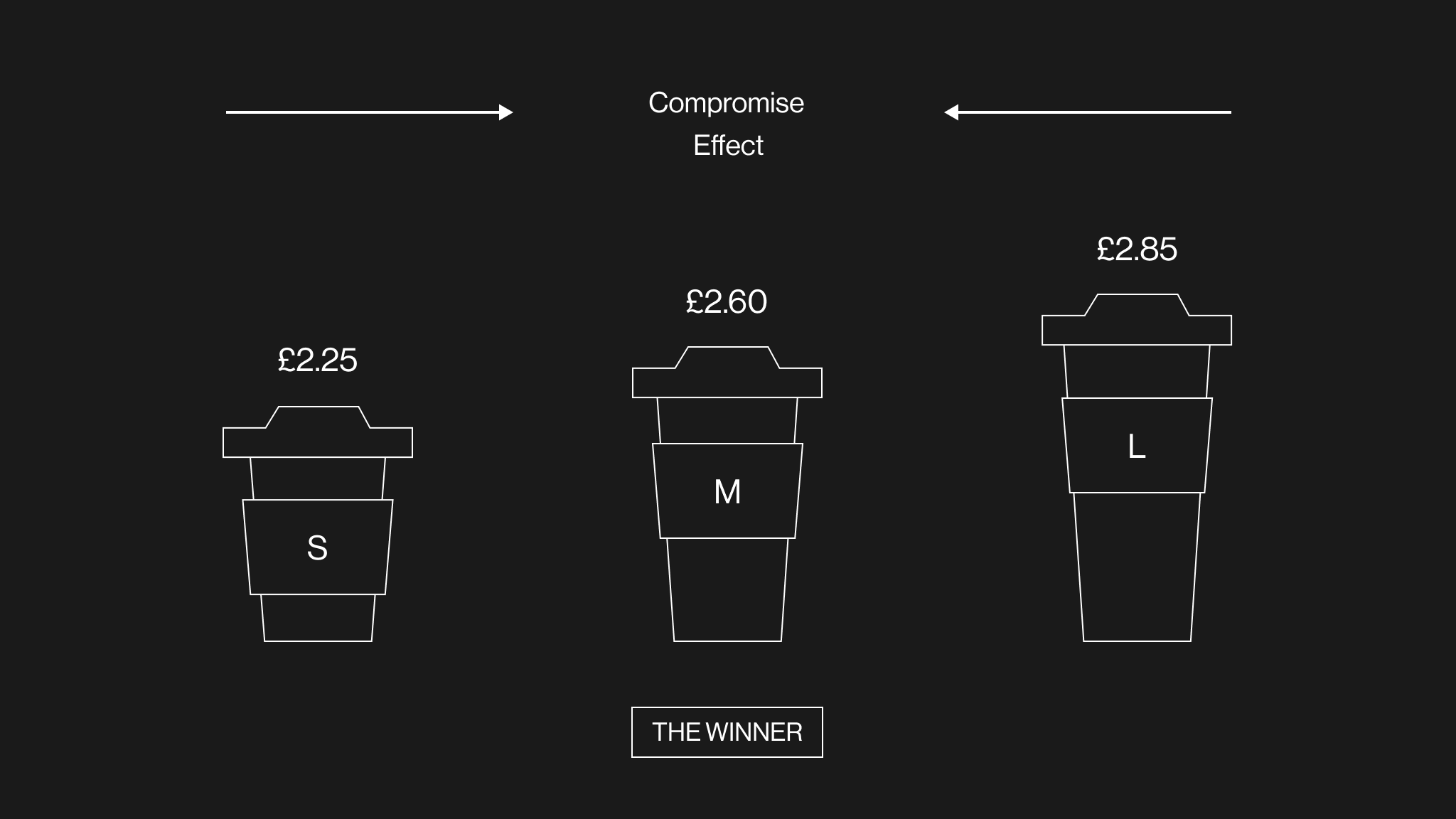
A potential consumer is more likely to choose the middle option of a set of products over more extreme options.Consumers find it difficult to assess or compare the relationship between various attributes which hinders their ability to make a rational decision. A product will have a higher chance to be chosen from a product choice set
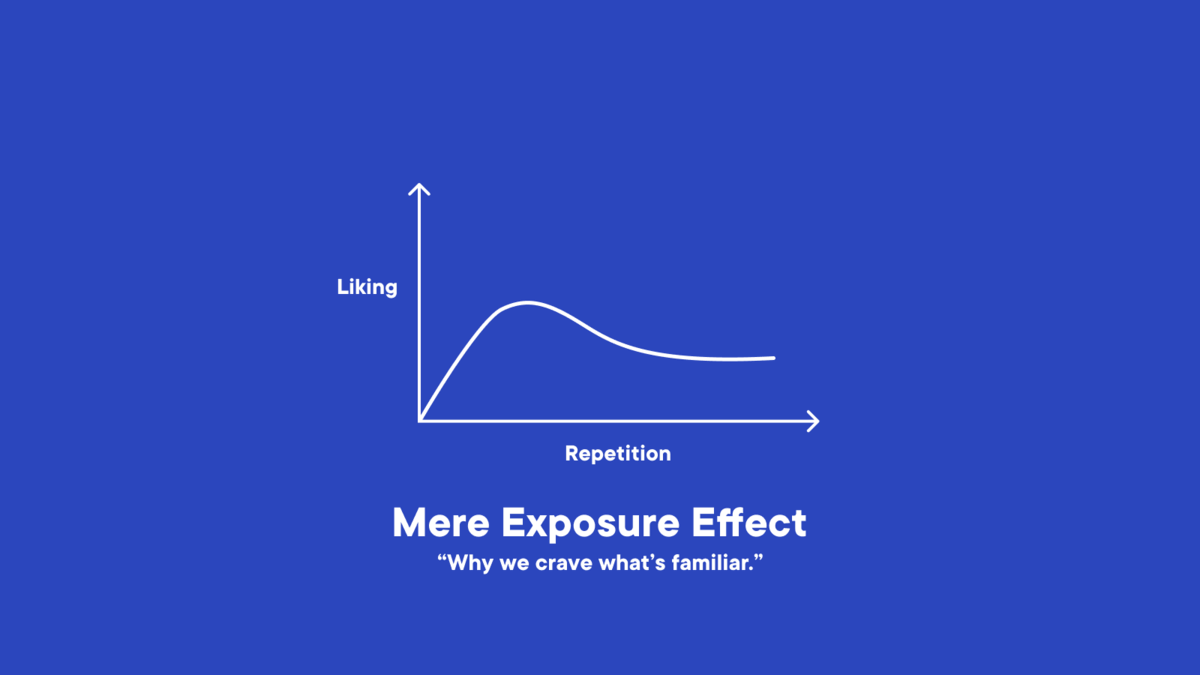
We Like Things We’ve Seen Before.The more often people have previously been exposed to something, the more they like it. The mere exposure effect occurs even if people do not consciously remember that they have seen the object before.The mere exposure effect has been proven effective in overall retention. Even fleeting, repeated encounters with your marketing

Potential customers find adcopy that rhymes more truthful and are more likely to like, remember, and repeat that adcopy. When your copy rhymes, your audience will find it to be more memorable, believe it to be more accurate, and feel more confident in their ability to make a decision about it. Marketing slogans that contain rhymes are
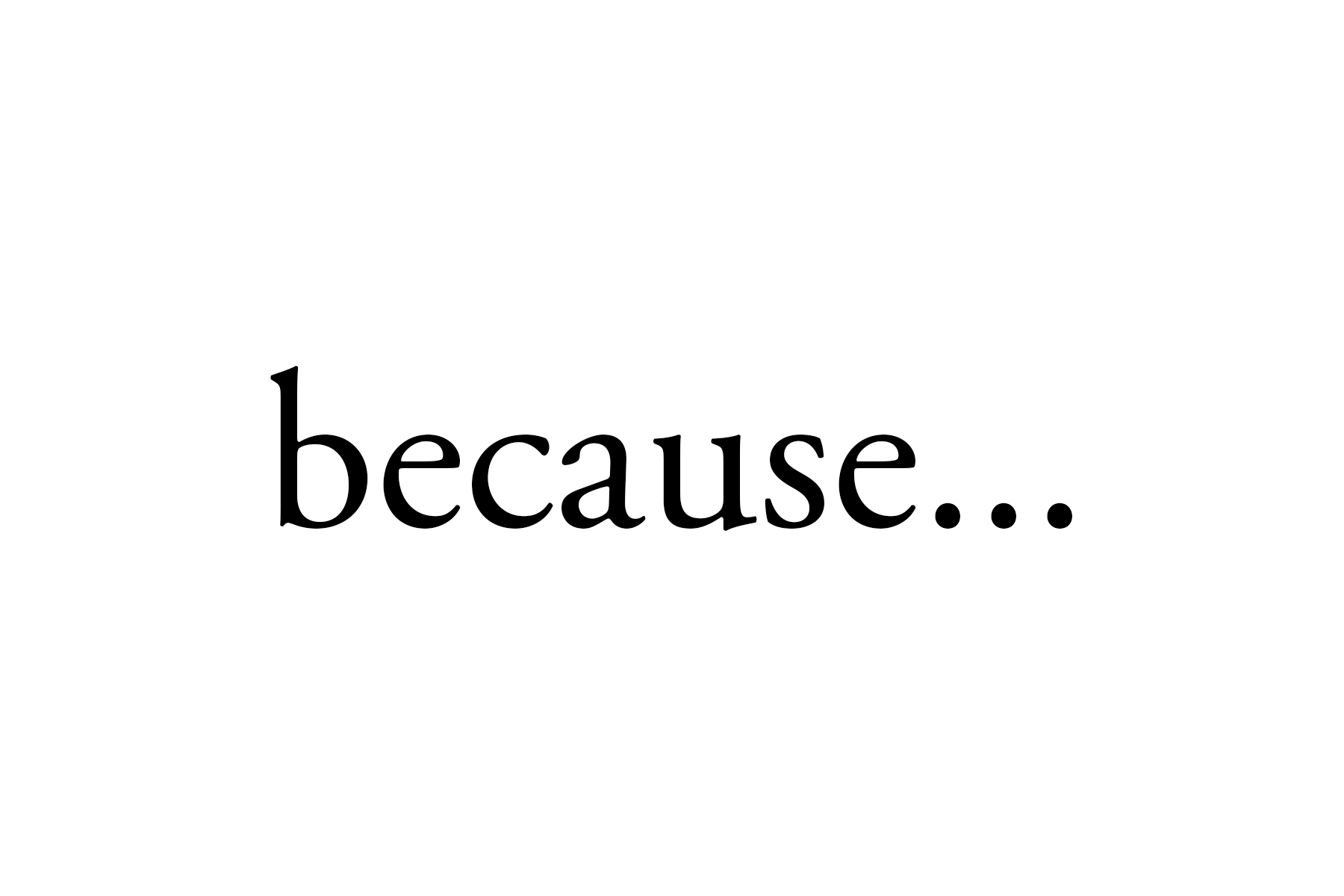
Potential customers are more likely to comply with a request if it’s accompanied by a reason. You need to include the reason why their customers should respond to their messages, even if you think it’s obvious. People will feel they have a reason for taking the action, and as a result it can trigger an automatic, hardwired
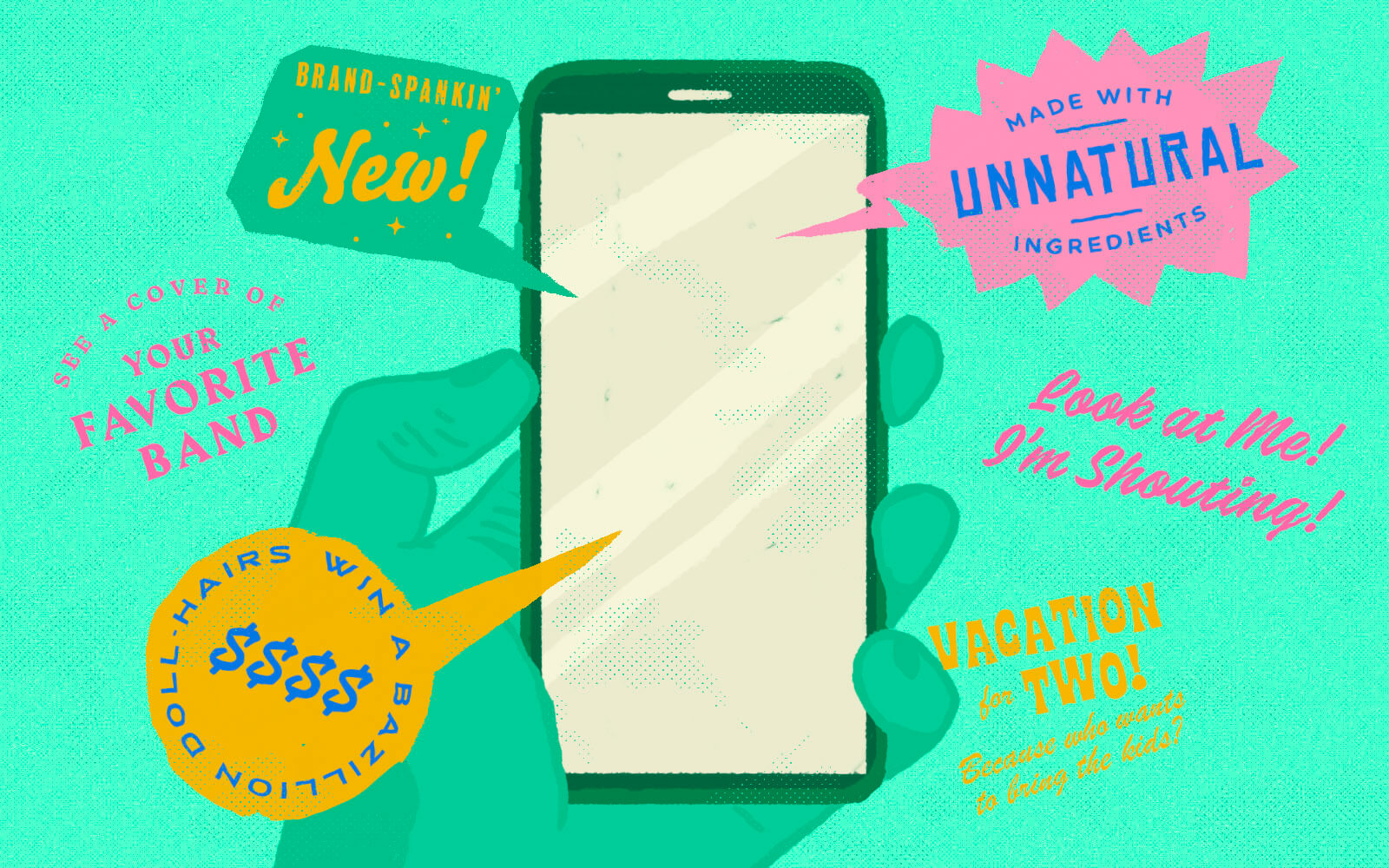
Elements that disrupt the original design layout and as a result, get noticed.They create cognitive awareness of new information that marketers insert into the message.They’re effective in announcing “new” product features and special promotional offers such as coupons, free offers, rebates and sweepstakes.An unexpected website popup that shows after you’re on a website for a

Surprise focuses attention and intensifies emotion, both of which make what surprised the potential customer more likely to be remembered. Potential customers are more motivated to attain uncertain rewards, surprises, versus certain ones, this is because uncertain rewards are more exciting. Ways to use surprises in your marketing… Use contests, spin to win games, scratch to reveal, and

When multiple similar objects are present, the one that differs is most likely to be remembered. Make your marketing messages strategically different from your competitors’ by paying attention to your choice of color, models, placement, size, language, props, sound, and use of motion. Marketing that strategically stands out will increase awareness, recall, and sales. However, being too
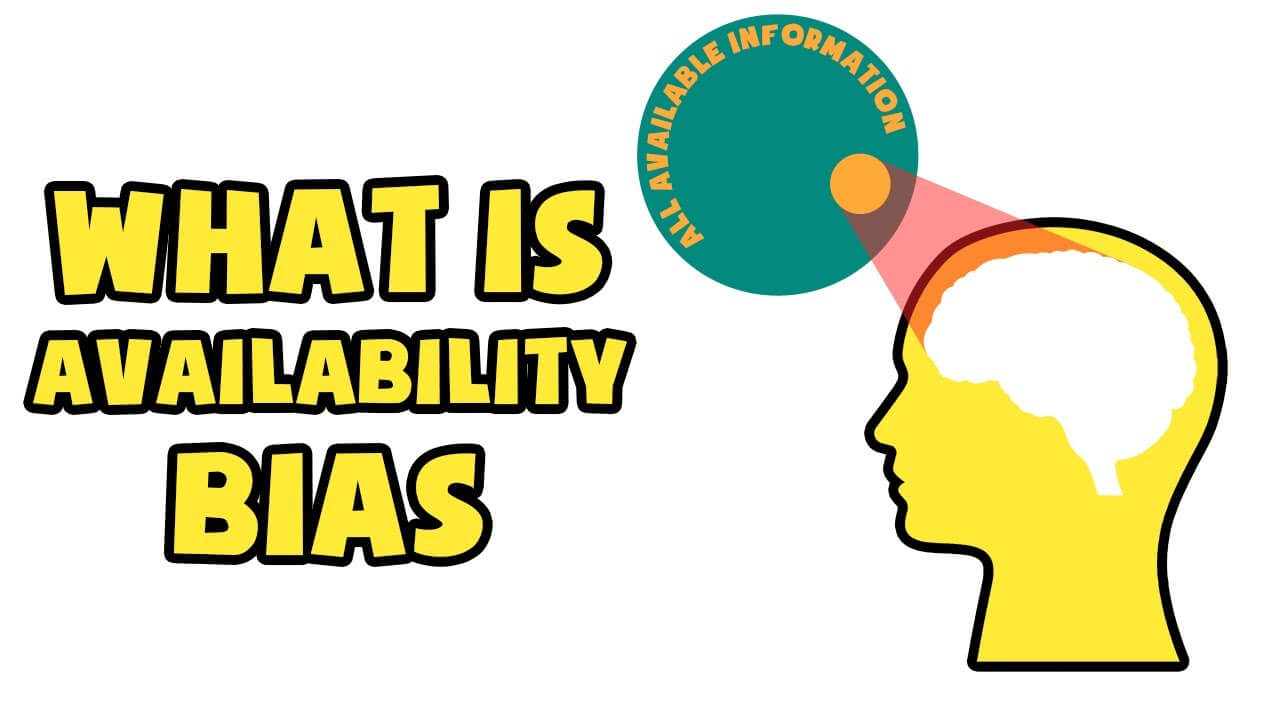
Potential customers will judge the likelihood of an event happening based on how easily they can recall a relevant example. If a person can readily call to mind an event, that makes the event seem as if it happens more often. An effective marketing message will bring instances to mind, which will help convince prospective customers that
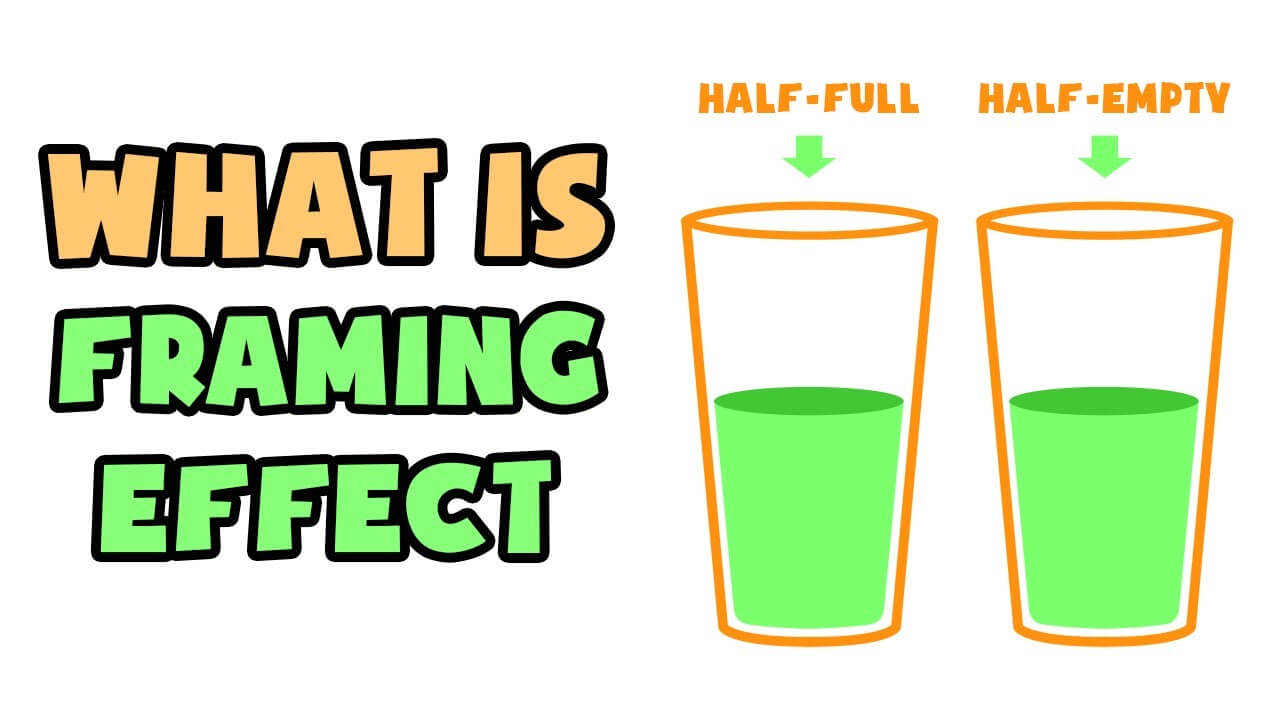
Framing the same information differently can drive different reactions to it. Use framing to change the way people think about a product, service, or need. By framing the options to underscore what someone may miss out on, you can trigger loss aversion and prompt a positive response. Examples… People may seek out a 95 percent fat-free product and avoid

When potential customers are labeled as part of a group, they behave consistently with that group. This can be true even in situations where a person had not originally thought of themselves as belonging to the group in question. Even if your prospect hadn’t identified themselves in a certain way, once you plant that idea in their

Potential customers are hardwired to recognize and respect authority.The direction provided by an authority can shortcut our own decision-making. When the source of information or instructions is an authority figure, we are more likely to accept and act accordingly. Tapping into the Authority Principle is an easy way for you to prompt automatic action, as well

A preference for the maintenance of one’s state of affairs. Despite our quest for novelty, and our reluctance to leave something that we started incomplete, humans usually prefer not to change what we have or the way we do things. People prefer the status quo to exerting the energy to act. Marketing masters can use this to

The way choices are presented influences the decisions a potential customer will make about them. By architecting choices, marketing masters can drive action. This can include…The number of choices you provide The order in which you list those choices What information your design draw attention to The words you choose to describe various options The ease that potential customers encounter when

When two or more versions are shown to potential customers to see which will drive more sales.Success with marketing is not made from what you think. It comes from what you know. Facts matter. Opinions don’t. Getting to the facts is often only possible by A/B testing variations. This applies to all elements involved in your marketing

Every idea is just a mix of previous ideas. How does a marketing master look at the world?They figure out what’s worth copying. A marketing master understands that nothing comes from nowhere. All creative work builds on what came before. Nothing is completely original. If we’re free from the burden of trying to be completely original, we can

Marketing is not about your product’s features, it is about the issue your potential customers want to resolve by using your product.There are two layers to pain points. The first layer are issues that seem obvious…Coca-Cola: Thirsty.PayDay Loan: Short on cash.Minivan: Needs transportation.First layer pain points may be included within your marketing campaigns, but the

From The Desk Of Jesse GrilloRedondo Beach, Ca.Most marketing that fails focuses on the product. Most marketing that succeeds focuses on people.You must understand in depth who your customers are. The more you’re able to learn about your customers the more profitable all aspects of your marketing will become.Once you know exactly who your customer truly

From The Desk Of Jesse GrilloRedondo Beach, Ca.Marketing is a waste of time and money. That may seem controversial to see from a marketing “guru” but unless your marketing efforts result in sales, it is a complete waste. Your focus is always on sales. Not marketing. Forget about likes, links, opens, shares, reach, visibility, views, and engagement. Every

A concept, framework, or worldview that you carry around in your mind. Mental Models were created by Charles Munger. Who is worth 2.3 billion dollars and is the business partner of Warren Buffett at Berkshire Hathaway. He says that knowing different metal models is probably the reason that he’s so successful. Mental Models

Dear Friend, I wanted to share with you a template for creating really profitable ads. They’re called Yes Ads. They’re a series of statements addressing your customers strongest pain points that your customer will 100% agree and relate with. You want your customer to nod their head in agreement as they read your ad. “Yes!
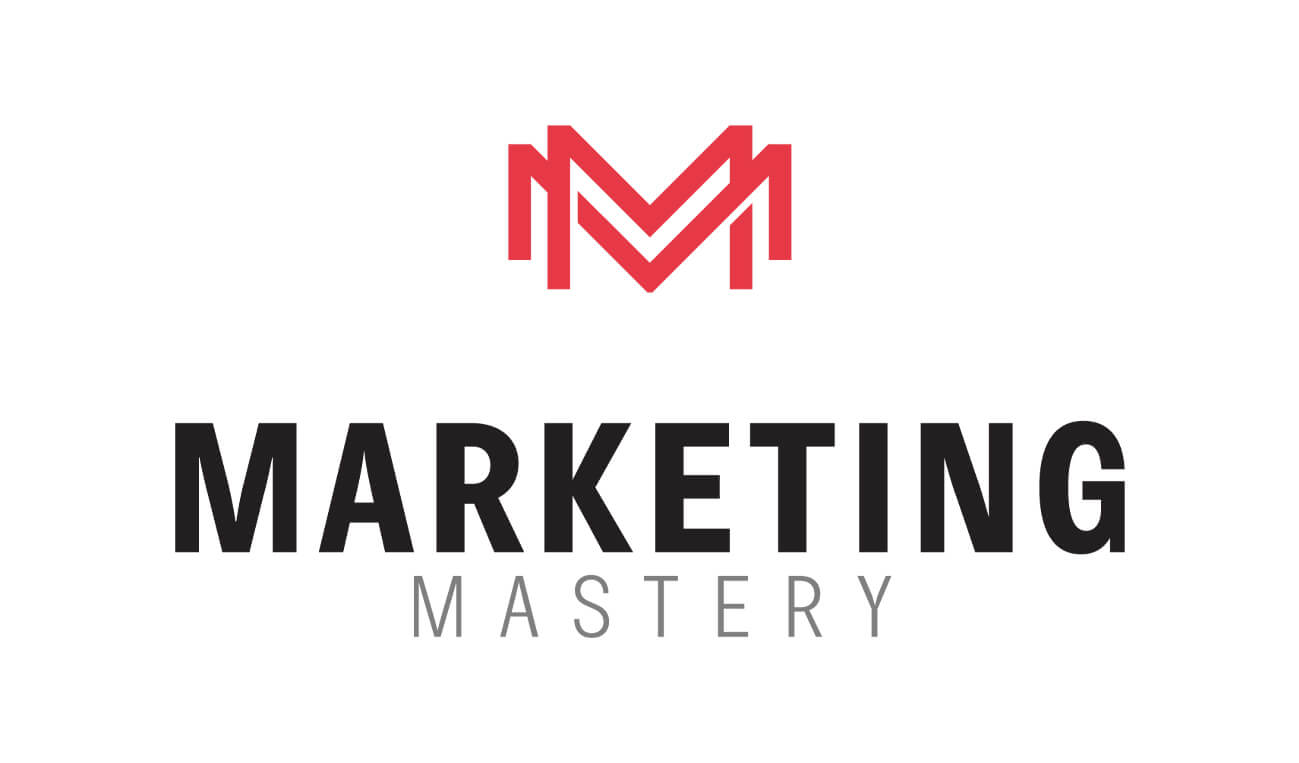
Table of Contents Heading 2 Example Heading 3 Example Heading 4 Example Heading 2 Example Heading 3 Example Heading 4 Example When chatting with business owners I’m often asked about providing a particular marketing service. Ranging from everything to posting on Facebook to setting up Tik Tok accounts. The reasons for wanting the services often

